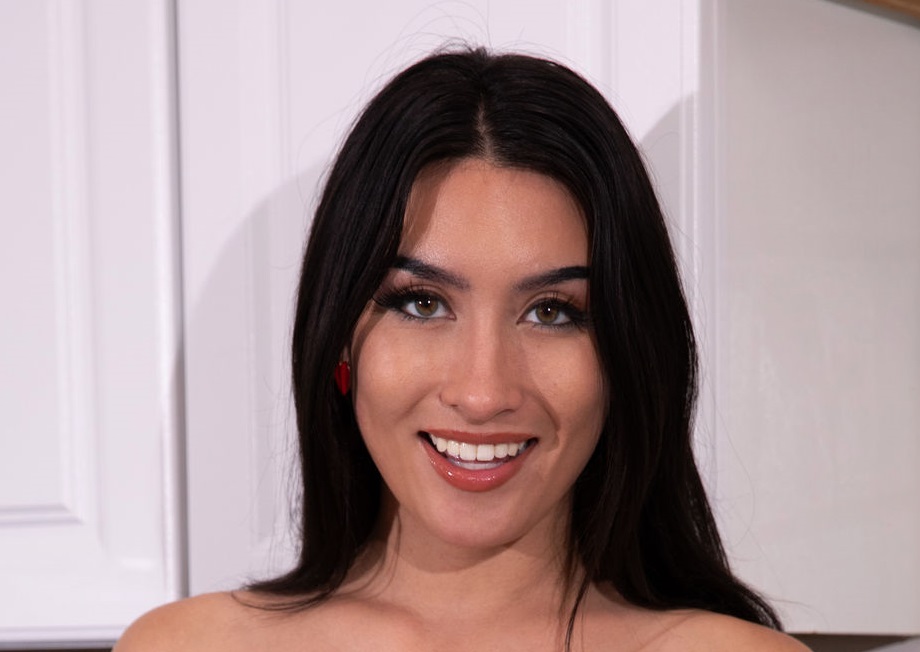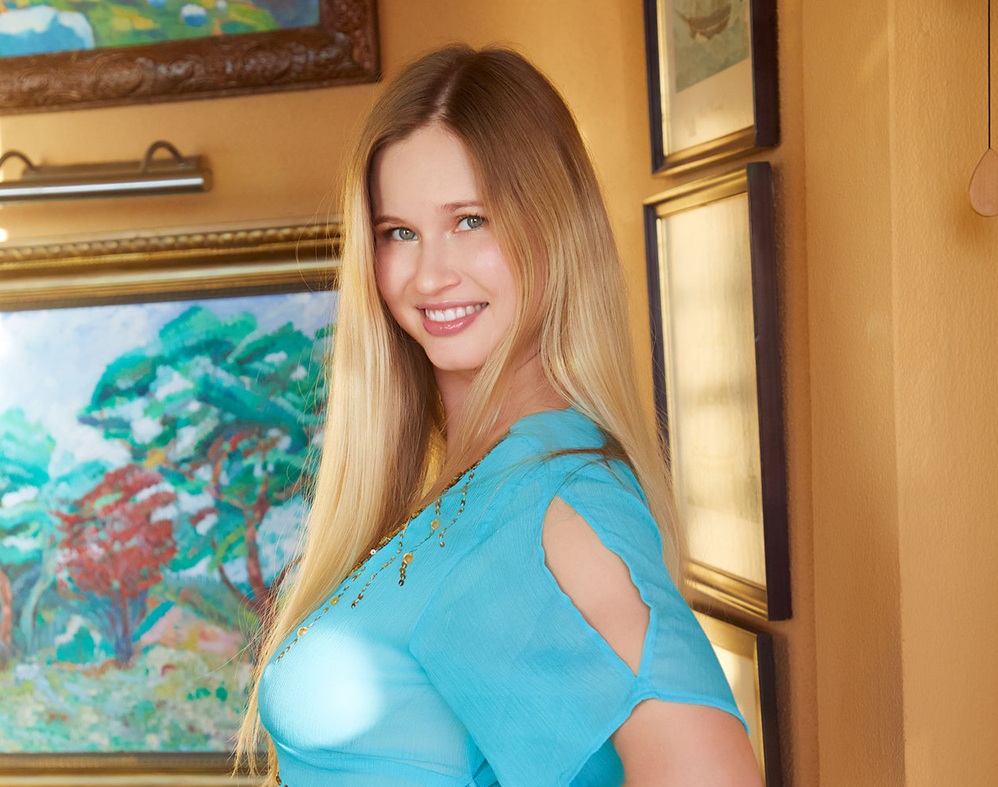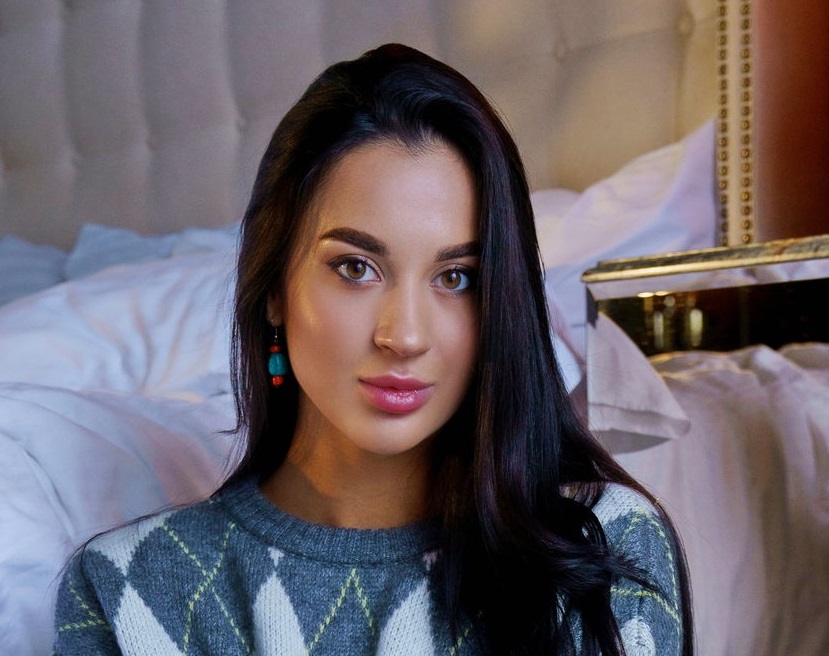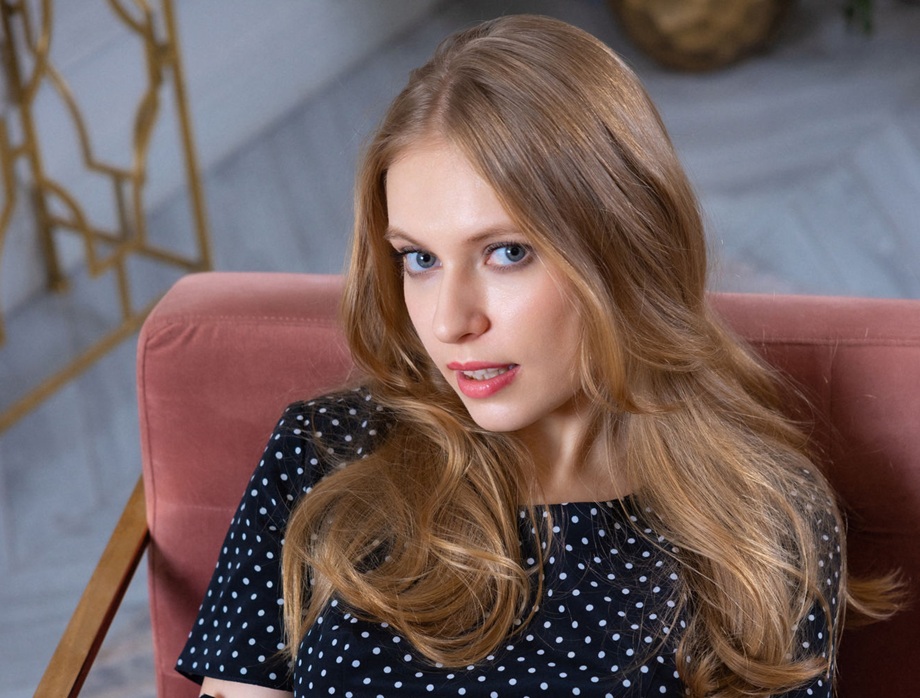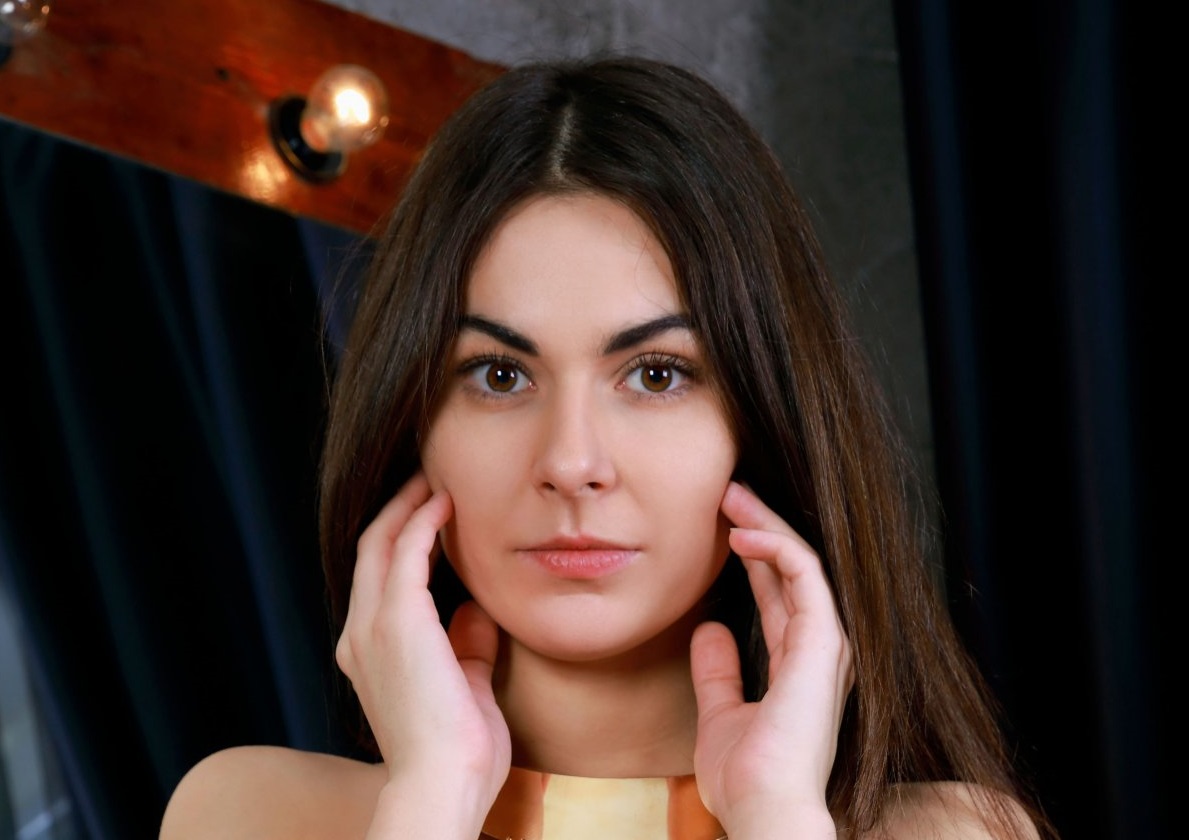Emily Carter still remembers the first time she applied for a credit card. “I thought I was being smart,” she laughs, “but really, I had no idea what I was doing.” Like many beginners, she was drawn in by glossy advertisements that promised bonus points and luxury perks.
But a few months later, she found herself struggling with unexpected fees and a painfully high interest rate. That mistake, she says, completely changed the way she looks at credit cards for beginners.
“I learned the hard way that your first card should never be about fancy rewards,” Emily explains. “What really matters is keeping it simple: a low annual fee, a low interest rate, and clear terms that you can actually understand.” For her, switching to a straightforward cashback credit card was a turning point.
Instead of juggling complicated points systems, she started earning small but consistent rewards on groceries, gas, and online shopping. “It may not sound exciting,” she admits, “but it made managing my money so much easier.”
Emily also points out that not everyone gets approved for the best starter cards right away. When she advised her younger brother, who had no credit history, she suggested a secured credit card. “He was hesitant at first,” she recalls, “but that deposit is not money wasted—it’s an investment in your credit score.” Within a year of paying his balance on time, his credit score improved enough for him to qualify for better cards with lower interest rates and higher rewards.
For Emily, the biggest lesson was discipline. “A credit card isn’t free money. It’s a tool. If you don’t respect it, you’ll pay the price—literally.” She now makes it a rule to pay off her balance in full every month. “That habit alone has saved me so much stress. No interest charges, no debt spiral—just clean, manageable spending.”
Looking back, Emily sees her first mistake as a blessing in disguise. “If I hadn’t chosen the wrong card, I wouldn’t have learned how important it is to pick wisely. Now, I can honestly say my credit cards work for me, not against me.”
For beginners today, her advice is simple: start small, focus on low fees and low interest, and use the card responsibly. “If you do that,” she says with a smile, “your first card won’t just be plastic in your wallet—it’ll be the start of real financial independence.”


